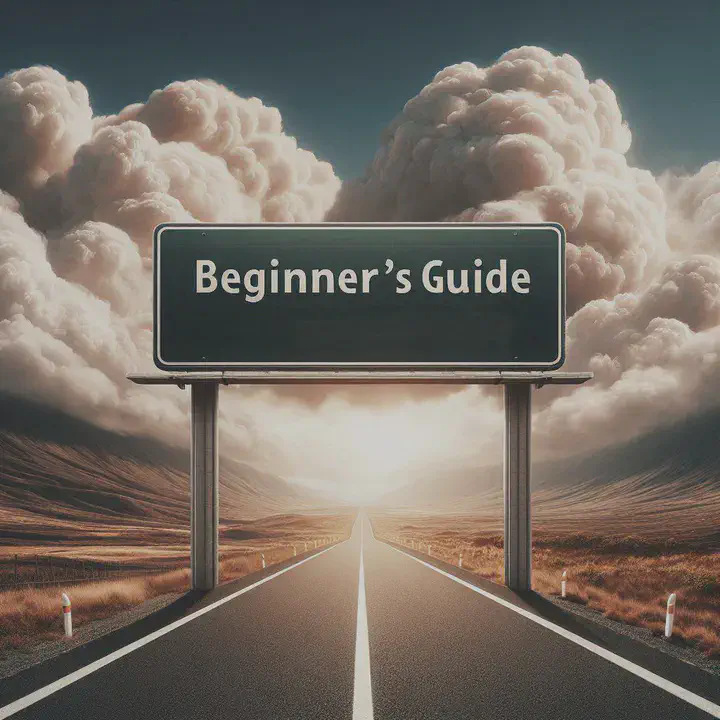MAVENs Research Group — Guide for New Members

Welcome to the MAVENs group. This guide introduces our research philosophy, methodology, essential tools, and expectations. Each project presents unique challenges, but this foundation will support your research journey. We encourage you to explore the referenced materials and discuss any questions with the research team.
Research Focus
Mission
The MAVENs group addresses critical challenges in sustainable energy through computational materials science. Our research targets material-based solutions to pressing environmental concerns, including resource depletion and pollution from traditional energy systems.
Our work bridges fundamental materials science with practical applications for environmental sustainability.
Research Methodology
Approach
Research in computational materials science involves addressing open-ended challenges without predetermined solutions. Success requires systematic inquiry, creative problem-solving, and iterative refinement of approaches.
When encountering obstacles, focus on reformulating questions rather than seeking immediate answers. Research progress emerges through careful observation, hypothesis testing, and methodical exploration of possibilities.
Recommended Resource: Richard Hamming’s lecture You and Your Research provides valuable insights into effective research practices.
Expectations and Standards
Research Excellence
Your contribution supports the group’s broader research objectives. We expect:
Technical Competency
- Develop comprehensive understanding of your research area sufficient to explain concepts clearly to colleagues
- Apply critical thinking to analyze problems and propose solutions
- Demonstrate proficiency with computational tools and methodologies
Professional Conduct
- Maintain integrity in all research activities
- Collaborate effectively with team members
- Participate constructively in technical discussions and group meetings
Communication Skills
- Document research progress clearly and systematically
- Present findings to both technical and general audiences
- Prepare reports and presentations meeting professional standards
Students from other departments should coordinate with their home department requirements.
Technical Tools and Infrastructure
Operating System
We use Linux (primarily Fedora distribution, but you can use any unix OS) for computational work. Familiarity with command-line interfaces and text editors is essential for efficient workflow.
Communication
Group communications occur through Google Chat Spaces, which maintain searchable archives of discussions and facilitate knowledge transfer between team members.
Version Control
All code and documentation are managed using Git with repositories hosted on GitLab. Version control ensures reproducibility and enables collaborative development.
Documentation
Reports and presentations are prepared using LaTeX, the standard for scientific writing. Early familiarity with LaTeX is recommended as documentation begins early in each project.
Literature Management
Access to our shared Zotero library provides curated collections of relevant research papers and references.
Project Timeline and Reporting
Documentation
Begin preparing your final report in the first month, starting with conclusions and working backward—this approach often clarifies research direction and objectives.
Recommended Resources:
- Magnusson’s essay on “Writing Backwards”
- Simon Peyton Jones’s lectures on writing and presentations
Progress Monitoring
Master’s and PhD students provide monthly LaTeX report updates, developing toward publication-quality manuscripts.
Getting Started
Initial Requirements
New members should provide:
- Current CV and academic transcript
- Professional photograph for group website
- Contact information (email and phone)
First Month Objectives
- Draft initial project report focusing on expected outcomes and methodology
- Review existing group code repositories on GitLab
- Develop proficiency with essential tools: Fortran/Python, Git, and GitHub
- Study provided literature covering relevant computational methods (AIMD, DFT, Monte Carlo simulations)
Time Commitment
Research projects require substantial time investment:
- Project students: Minimum 10 hours/week during coursework period, full-time during thesis semester
- PhD students: Full-time research commitment (40+ hours/week)
Time allocations should align with university policies and departmental requirements.
This guide serves as an introduction to MAVENs group practices. We welcome feedback and questions as you begin your research journey with our team.